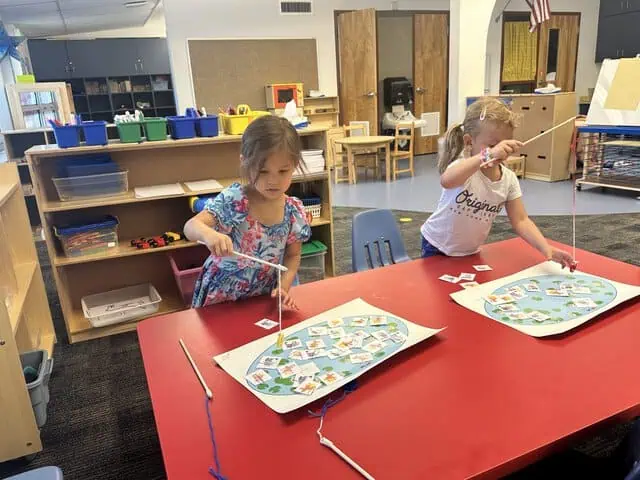
Back-to-school night is a yearly tradition where parents learn the culture and feel of the classroom, expectations and daily schedule for their child’s learning day. This night also allows parents to ask questions relevant to everyday learning and success.
Boulder Weekly reached out to Ben Knighten, psychologist and interventionist for the St. Vrain Valley School District, for help understanding what caregivers of students needs to know.
Academics
“It is important for teachers to be aware of the individual differences of students in their classrooms,” Knigthen wrote in response to BW questions. “Asking this question can help give you an idea of his or her approach to differentiated instruction,” in which different teaching styles are used to instruct and students can demonstrate their learning in various ways rather than following one set method.
How will you accommodate kids who need more assistance?
Many teachers offer at-home supports such as high-interest readers, access to learning games and additional practice problems to help students reach academic standards.
What are some websites or resources for extra help in math, reading or other subjects at home? How can I use these resources to help support my learner?
“Asking this question is a good way to show the teacher that you are partnering with them for the academic success of your child,” Knighten wrote.
How does what is taught in the classroom have a connection to the real world?
“Students who see a real-world application to what they are doing are more likely to have buy-in with the activity,” Knighten wrote. “It’s important for teachers to share the ‘why’ behind what they are asking kids to do.”
What are the academic expectations for my child this year?
“Parents who know the expectations can be in a better position to support their child’s learning,” Knighten wrote.
Social-emotional
Bullying is one of the largest issues in schools today. Anxiety and depression can be directly linked to bullying, with consequences directly related to academic success. According to the National Institutes of Health (NIH), the risk of depression in children and adolescents who were bullied was 2.77 times higher than that of those who were not bullied.
How is bullying handled?
“Bullying is a cause of significant anxiety and stress,” Knighten wrote. “Familiarize yourself with the classroom and school policies, so you can better support your child in this area if necessary.”
Anxiety and stress levels continue to grow in students, especially when children are transitioning through adolescent years. Offering movement breaks and a safe space for students to go when they are elevated fosters a caring environment.
Will you provide brain breaks throughout the day? Are there chances within the classroom to calm the body and mind to reduce stress and anxiety?
“Practicing brain breaks and various coping skills (deep breathing, etc.) is a great way to provide relief from anxiety,” Knighten wrote.
Diversity and inclusion
As we work to build a more inclusive society, there may be questions about how teachers celebrate diversity in the classroom.
How do you build and support inclusion in the classroom?
“Classrooms that foster inclusion set children up to feel valued and safe regardless of their background or abilities,” Knighten wrote.
Best practices when encouraging and affirming self-identification in the classroom continue to evolve. Helping all students feel safe in a positive learning environment is key.
What is your policy with pronouns and names?
“Understanding the teacher’s or district’s policies around preferred pronouns can help equip your child for success at school,” wrote Knighten. “Regardless of pronoun policies, all classrooms and schools should have robust policies and procedures that address bullying and discrimination.”
Read more education coverage from Boulder Weekly
